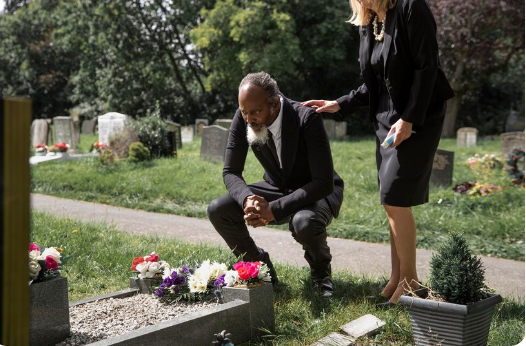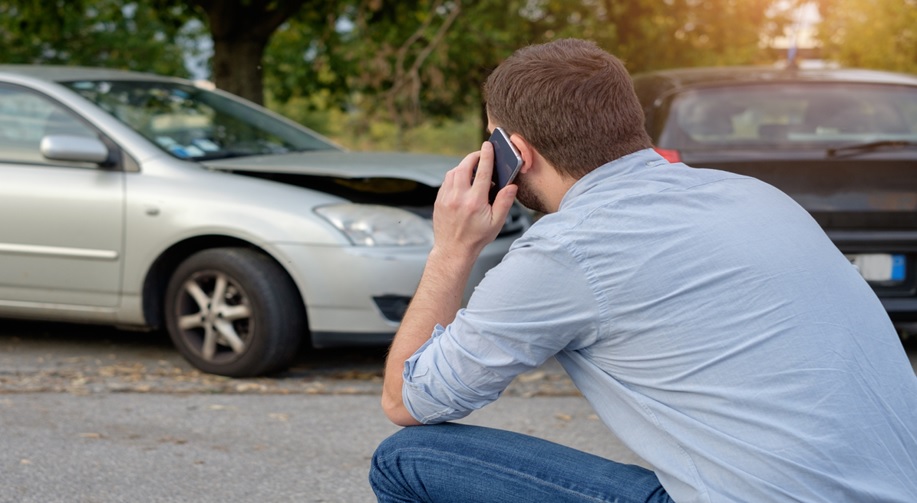Losing a loved one is never easy, especially when their death was caused by someone else’s negligence or wrongdoing. In the aftermath of such a tragedy, grief can quickly be accompanied by confusion, frustration, and a deep sense of injustice. This is where a wrongful death claim comes into play—a legal pathway that allows surviving family members to seek accountability and financial compensation.
Understanding how wrongful death claims work can be a crucial step toward healing and justice. Here’s what you need to know.
What Is a Wrongful Death Claim?
A wrongful death claim is a type of civil lawsuit brought by the survivors of a person who died due to another party’s negligent, reckless, or intentional actions. The purpose of the claim is not to punish the wrongdoer with criminal charges (although criminal charges may also be filed separately), but to provide compensation for the losses suffered by the deceased’s family.
Wrongful death claims often arise from situations such as:
- Car, truck, or motorcycle accidents
- Medical malpractice
- Workplace incidents
- Defective products
- Premises liability (like slip-and-fall accidents)
- Acts of violence or other intentional harm
Who Can File a Wrongful Death Claim?
Wrongful death laws vary by state, but typically, the claim must be filed by a representative of the deceased person’s estate on behalf of surviving family members. This might include a spouse, children, parents, or, in some cases, other dependents or relatives.
The court will often consider the nature of the relationship, level of dependence on the deceased, and who is eligible to recover specific damages.
Types of Damages in a Wrongful Death Case
The damages awarded in a wrongful death case are intended to compensate the surviving family members for both economic and non-economic losses. These may include:
- Medical expenses related to the final injury or illness
- Funeral and burial costs
- Loss of financial support that the deceased would have provided
- Loss of companionship, guidance, and emotional support
- Pain and suffering experienced by survivors
- Loss of household services (such as caregiving or maintenance)
In certain cases involving gross negligence or intentional harm, punitive damages may also be awarded. These are designed to punish the wrongdoer and deter similar conduct in the future.
The Importance of Proving Liability
To succeed in a wrongful death claim, the burden of proof lies with the plaintiff. That means it must be shown that the responsible party’s actions directly led to the death and that those actions were negligent, careless, or wrongful.
This may involve collecting evidence such as:
- Accident reports
- Medical records
- Witness statements
- Expert testimony
- Surveillance or traffic camera footage
Building a strong case often requires attention to detail, thorough investigation, and a clear understanding of applicable state laws.
Statute of Limitations
Each state has a time limit—called a statute of limitations—for filing a wrongful death claim. In many places, this limit is two years from the date of death, but it can vary. Failing to file within this window can result in the loss of your right to seek compensation.
Because of this, it’s essential for families to act promptly. While legal action may be the last thing on your mind after a devastating loss, delaying too long can make it harder to secure justice.
Final Thoughts
No amount of money can replace a loved one, but a wrongful death claim can help bring a sense of closure and financial security to those left behind. It’s about more than compensation—it’s about holding the responsible party accountable and ensuring that similar tragedies are less likely to happen again.
If you’re facing the unimaginable pain of losing someone due to another’s actions, learning about your legal rights is a first step toward healing and justice. While the road ahead may be difficult, you don’t have to walk it alone.
This post was written by a professional at Jeanette Secor, PA Attorney At Law.
For over 20 years, the law office of Jeanette Secor, PA in St. Petersburg, FL, has been the go-to choice for those seeking justice after an injury. Renowned as the slip and fall injury lawyer st. petersburgl, Jeanette Secor has a proven track record of successfully representing clients in car accidents, motorcycle accidents, and slip-and-fall incidents.




